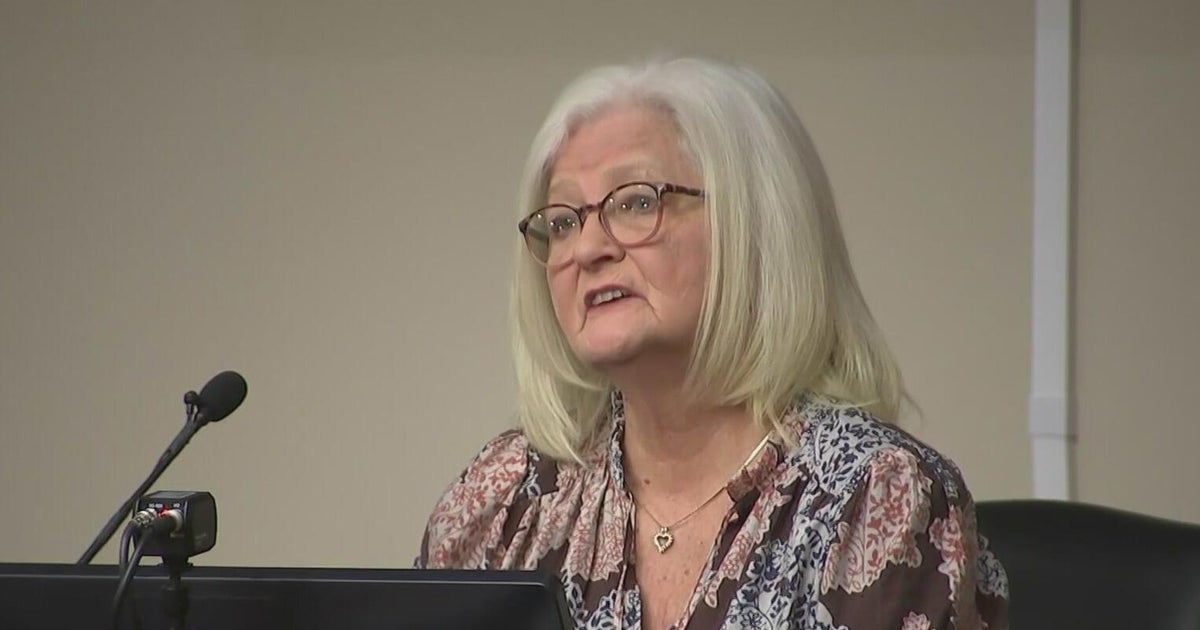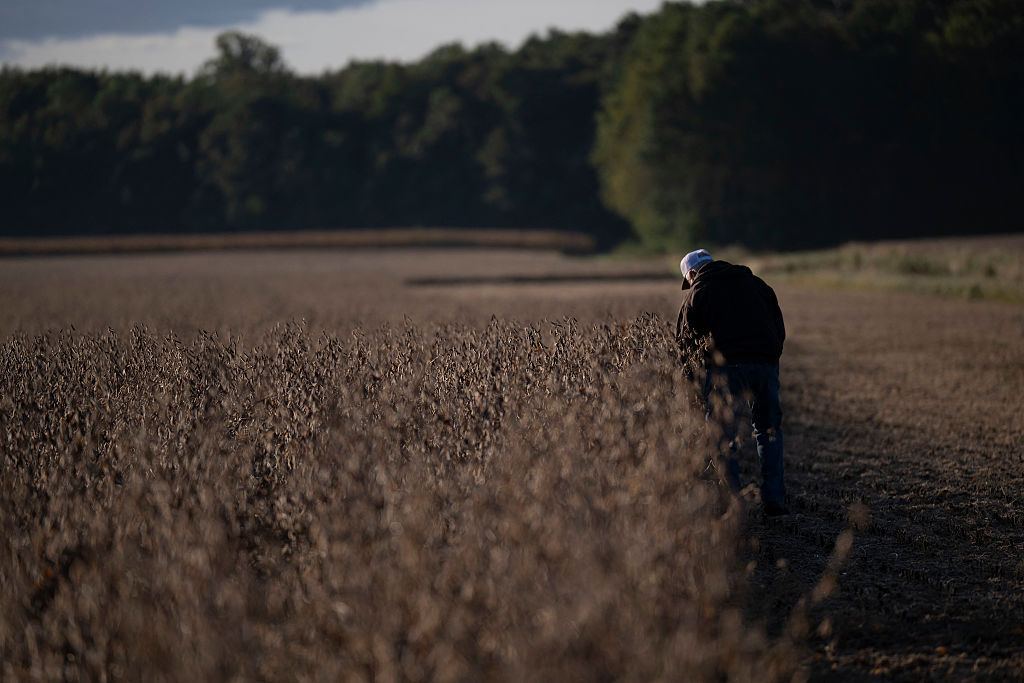Georgia's peach crop plummeting due to changing weather patterns, threatening the industry and its farmers
Lawton Pearson's family farm has grown peaches for more than a century. But Pearson says this year's harvest is the worst in his lifetime.
"You always hold onto hope until it hits you in the face that there's nothing here," Pearson said.
Georgia is known as the "Peach State" for its normally abundant crops, producing more than 130 million pounds of the fruit every year. But this year, about 90% of the state's crop has been lost, prompting those affected to hunt for solutions.
Pearson's 1,500-acre peach crop has suffered nearly total loss, leaving Pearson and other farmers devastated. The primary culprit is a phenomenon known as "chill hours." Georgia peaches, known for their quality, typically require 850 hours under 45-degree Fahrenheit temperatures to blossom. However, this year's crop — influenced by climate change — experienced only about 700 chill hours.
Pearson said he's worried that this isn't a one-time occurrence.
"I want to say that but we are 20% off since 2016," he said.
And the consequences extend beyond the farms. At Atlanta's Silver Skillet restaurant, owner Teresa Breckenridge shared how the cost of fresh peaches has tripled, forcing the business to switch to canned peaches for its popular peach cobbler.
"I can't afford the peaches right now, and the ones that you would buy even if you could afford them, they're just not good," Breckenridge said.
"There's nothing better than fresh, but you just have to have a plan B," she said.
Amid these challenges, Georgia farmers are searching for alternative solutions.
At the University of Georgia, Assistant Professor Dario Chavez and his team are working on breeding more resilient peach varieties. They carefully select slivers from the pits of different peach varieties, considering factors like size, color, and, most importantly, taste. However, breeding takes time, and Georgia's dwindling peach farming industry may not have much left.
Meanwhile, Pearson said being unable to produce peaches on a consistent basis makes farmers question whether "this is a viable enterprise."
"I don't care how pretty it is, or how tough it is, or if it's bulletproof. If it doesn't eat well, I'm outta business either way," Pearson said.




